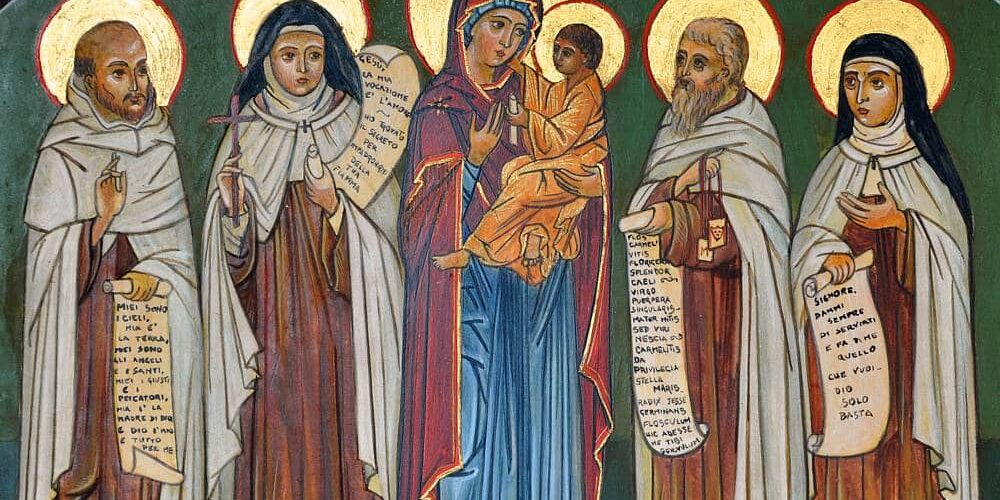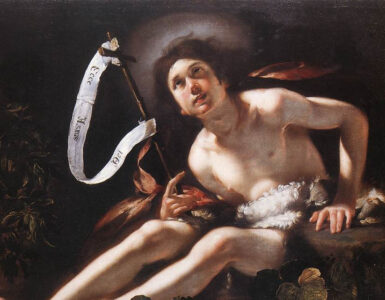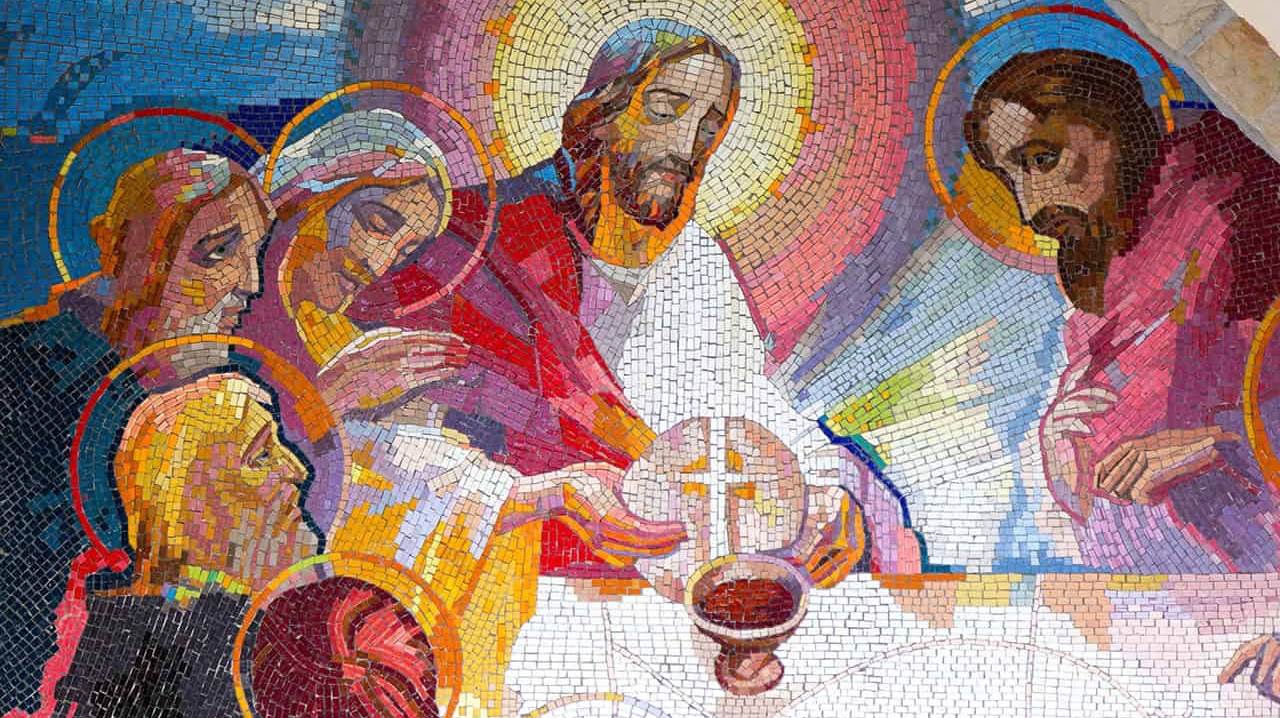“We, the Christian community, assemble to celebrate the memory of the martyrs with ritual solemnity because we want to be inspired to follow their example, share in their merits, and be helped by their prayers. Yet we erect no altars to any of the martyrs, even in the martyr’s burial chapels themselves. No bishop, when celebrating at an altar where these holy bodies rest, has ever said, “Peter, we make this offering to you,” or “Paul, to you,” or “Cyprian, to you.” No, what is offered is offered always to God, who crowned the martyrs. We offer in the chapels where the bodies of those he crowned rest, so the memories that cling to those places will stir our emotions and encourage us to greater love both for the martyrs whom we can imitate and for God whose grace enables us to do so. So we venerate the martyrs with the same veneration of love and fellowship that we give to the holy men of God still with us. We sense that the hearts of these latter are just as ready to suffer death for the sake of the Gospel, and yet we feel more devotion toward those who have already emerged victorious from the struggle. We honor those who are fighting on the battlefield of this life here below, but we honor more confidently those who have already achieved the victor’s crown and live in heaven. But the veneration strictly called “worship,” or latria, that is, the special homage belonging only to the divinity, is something we give and teach others to give to God alone. The offering of a sacrifice belongs to worship in this sense (that is why those who sacrifice to idols are called idol-worshipers), and we neither make nor tell others to make any such offering to any martyr, any holy soul, or any angel. If anyone among us falls into this error, he is corrected with words of sound doctrine and must then either mend his ways or be shunned. The saints themselves forbid anyone to offer them the worship they know is reserved for God, as is clear from the case of Paul and Barnabas. When the Lycaonians were so amazed by their miracles they wanted to sacrifice to them as gods, the apostles tore their garments, declared that they were not gods, urged the people to believe them, and forbade them to worship them.”
[From a treatise by St. Augustine]You may also like
St John the Baptist: A Strong Formator of Conscience
The feast of the nativity of St John the Baptist is certainly characterised by joy, which the Latin word for it is gaudium. Interestingly enough we are not talking about felicitas, happiness, but gaudium, joy. The...
The Parable of the Board
I’m watching a video of myself. It’s the opening scene and I see myself standing at the head of a table. There is an intent look on my face and I am speaking with great fervor about something, my hands busily gesturing...
Who Is A Saint?
Who is a saint? Each day, this question is typed into internet search engines. Perhaps this is so because new saints (e.g., Sts. John Paul and John XXIII) have just been canonized. Or maybe we are curious as to whether...
Trusting Jesus
Siena is a small town in Italy, and St. Catherine of Siena, who lived in the 14th century, had, even as a child, a profound love for Jesus and an intense yearning to be spiritually united with Him, a desire she...
Blessed Jerzy Popielousko: Pray for Us
On Tuesday October 19, the Church celebrated the feast of the great Polish priest and martyr, Blessed Jerzy Popielousko. Personally I had the grace of visiting and spending time in the church and apartment he lived in...
Latest Essays
 OSV News
OSV News
- Ukraine’s religious leaders urge US faithful to ‘be on the side of truth’ amid war May 5, 2025
- Cardinals urge unity, patience as conclave nears May 5, 2025
- Pilgrim Passport to 3 Wisconsin Marian shrines help faithful mark their Jubilee journey May 5, 2025
- Final preparations, discussions underway before conclave begins May 5, 2025
- European cardinal with global ties balances unity and diversity May 5, 2025
 Vatican Headlines
Vatican Headlines
- 11th General Congregation focuses on migration, synodality, unity May 5, 2025
- Benin: A workshop to rethink the commitment of Catholic lay leaders in building peaceful societies in Africa May 5, 2025
- The Conclave from the Middle Ages to the present day May 5, 2025
- Pontifical safeguarding commission joins in prayer for Conclave May 5, 2025
- 'Dignified working conditions for all' in the prayer intentions of the last three Popes May 5, 2025






























